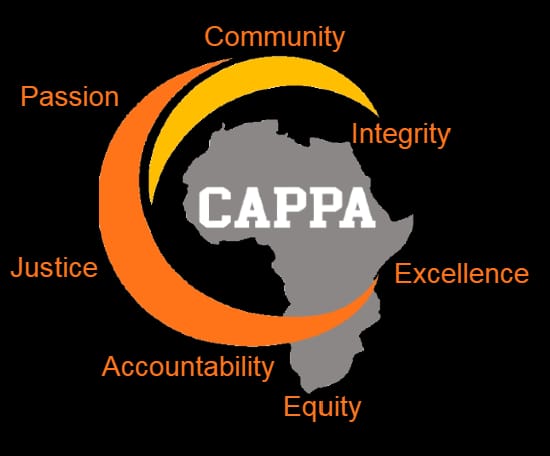By Joke Kujenya
PUBLIC HEALTH advocates issued a fresh demand for urgent reforms as Nigeria marked World Health Day, warning that underfunded healthcare and unchecked junk food marketing are fuelling a national crisis of non-communicable diseases.
Corporate Accountability and Public Participation Africa (CAPPA) urged the federal government to boost healthcare investment and crack down on the ultra-processed food and sugary drinks industry, which it accused of manipulating consumers and worsening health outcomes.
This year’s theme, Healthy Beginnings, Hopeful Futures, focuses on mothers and babies—a message CAPPA said must prompt Nigeria to strengthen access to nutritious food and overhaul weak public health systems.
“Every day, parents make harmful food choices for their children, misled by aggressive marketing from the processed food industry,” said CAPPA Executive Director Akinbode Oluwafemi.
“These products, high in salt, fat, and sugar, are driving a surge in obesity, diabetes, hypertension, and heart disease—conditions that are overwhelming our fragile health system.”
CAPPA linked the rise in non-communicable diseases (NCDs) to deeper structural issues, including the country’s under-resourced hospitals and the ongoing brain drain of healthcare professionals.
The 2025 federal budget earmarked ₦2.48 trillion for health—just 5.18 per cent of total expenditure—falling short of both the World Health Organization’s 13 per cent recommendation and the African Union’s Abuja Declaration benchmark of 15 per cent.
Amid the funding gap, CAPPA welcomed a recent policy step: the National Guideline for Sodium Reduction, launched in Abuja on 26 March.
Developed with local and international partners, the guideline aims to lower salt consumption and curb the nation’s rising hypertension rates.
CAPPA called on the National Agency for Food and Drug Administration and Control (NAFDAC) to urgently roll out enforceable sodium limits for packaged and processed foods.
The group also pressed for tax reform to discourage the consumption of sugar-sweetened beverages (SSBs), aligning with WHO’s recommendation of a minimum 20 per cent price hike.
CAPPA demanded the current ₦10 per litre SSB excise duty be raised to at least ₦130 per litre to yield meaningful public health benefits.
Beyond diet, CAPPA warned of tobacco’s deadly grip.
While welcoming the ₦13 million allocation to the Tobacco Control Fund (TCF), the organisation said the sum was far from sufficient and proposed a revised minimum of ₦300 million to support the enforcement of the National Tobacco Control Act 2015.
“Nigeria is veering off course in its bid to meet global survival targets by 2030,” the statement warned. “But strategic food and health policies can help steer the country back towards a future where its people thrive.”





